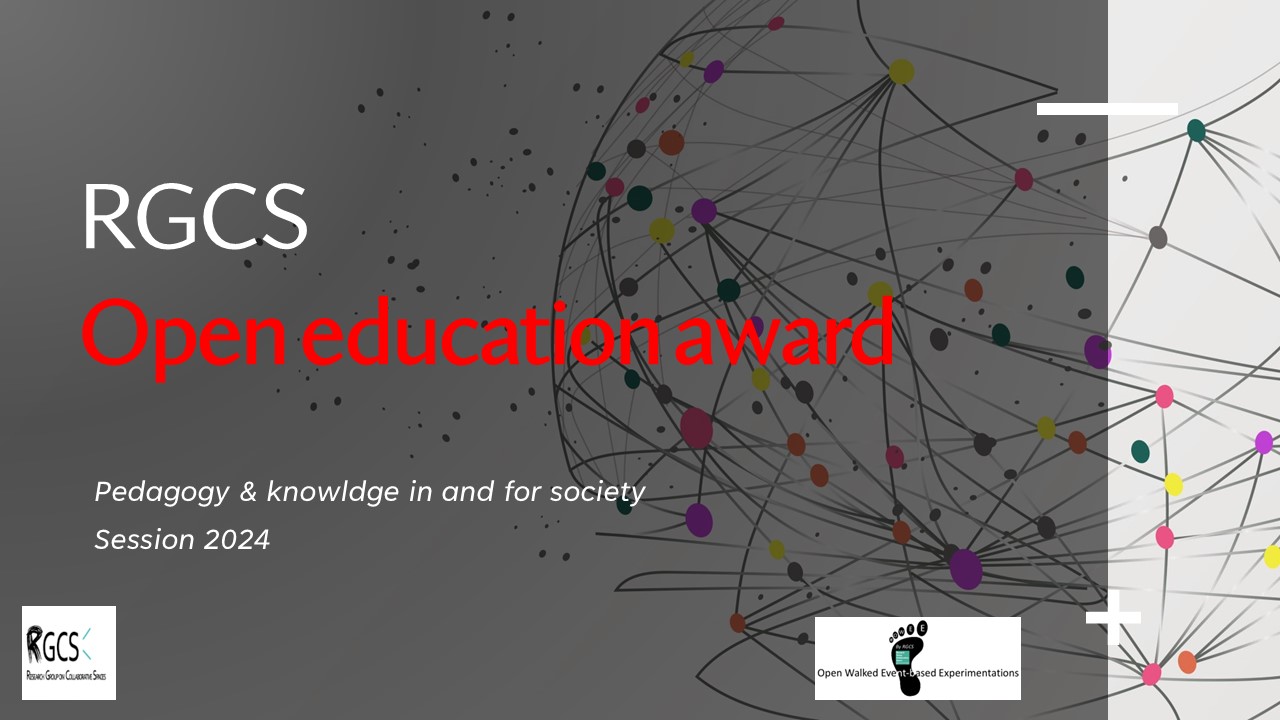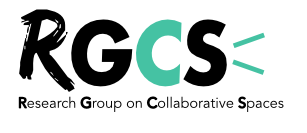
Principle :
The Open Education Award valorizes teaching practices that contribute to open higher education, in particular managerial education. By opening, we mean practices oriented by four principles: breaking boundaries of time and space as well as between research and teaching, building knowledge commons and actively engaging in knowledge transfer. Open education aims at co-producing situated knowledge and skills with students, all involved actively in the pedagogic process.The principles can be summarised as first, cracking the usual time-space of the 'classrooms', 'labs' or specific platforms, the idea of a bounded learning happening here and now or over a specific time and place. Second, open education initiatives blur the boundaries between research and teaching by engaging in knowledge creation with and for everyone involved and, thus, potentially making a contribution to knowledge more widely. Third. open education contributes to knowledge commons, that is knowledge not only for students but also the world and the city outside with the idea thatopen educationshould not be contained and targeted for a happy few. Forth, open education helps designknowledge for a specific and wider audience outside the classroom or educational setting.
RGCS is an open network and think thank with a long tradition of open research and education, e.g. with its walking ethnography called OWEE (Open, Walked, Events-Based Experimentations). The members of its board have all actively explored new open education practices (see e.g. Julie Fabbri with Business Mediation, François-Xavier de Vaujany with his open course TTN or David Vallat with the public factory, see RGCS research note about open education for more details and examples: https://amu.hal.science/hal-02148965/document).
With this award, we want to incite and empower our colleagues (in particular your colleagues) to explore new ways of teaching grounded on the pillars of openness and collaboration. We believe that the world we live in, the complexity, urgency and global reach of our problems, requires more and better open education practices.
Process :
All lecturers, professors, and tutors following partially or fully the four pedagogic practices aforementioned are welcome to apply to the award. Please, submit a description including:
- Details about the academics and non-academics involved in the process;
- A short description of the pedagogic process (duration, modality of evaluation, pedagogic techniques) and its expectations;
- A narrative of 1-3 pages(about 1000 words) built around the four dimensions of open education, and the lived experience of the course.
- Verbatims of students, pictures of the course, data from the course and any other material likely to show what happened are welcome here.
Co-chairs of the jury :
Julie Fabbri (emlyon BS) and François-Xavier de Vaujany (Université Paris Dauphine-PSL).
Julie Fabbri (emlyon BS) and François-Xavier de Vaujany (Université Paris Dauphine-PSL).
Members of the jury:
Stefan Haefliger (Bayes BS), Gislene Feiten Haubrich (VU), David Vallat (SciencePo Lyon), Montserrat Pareja Eastaway (UB) and Albane Grandazzi (Grenoble Ecole de Management)
